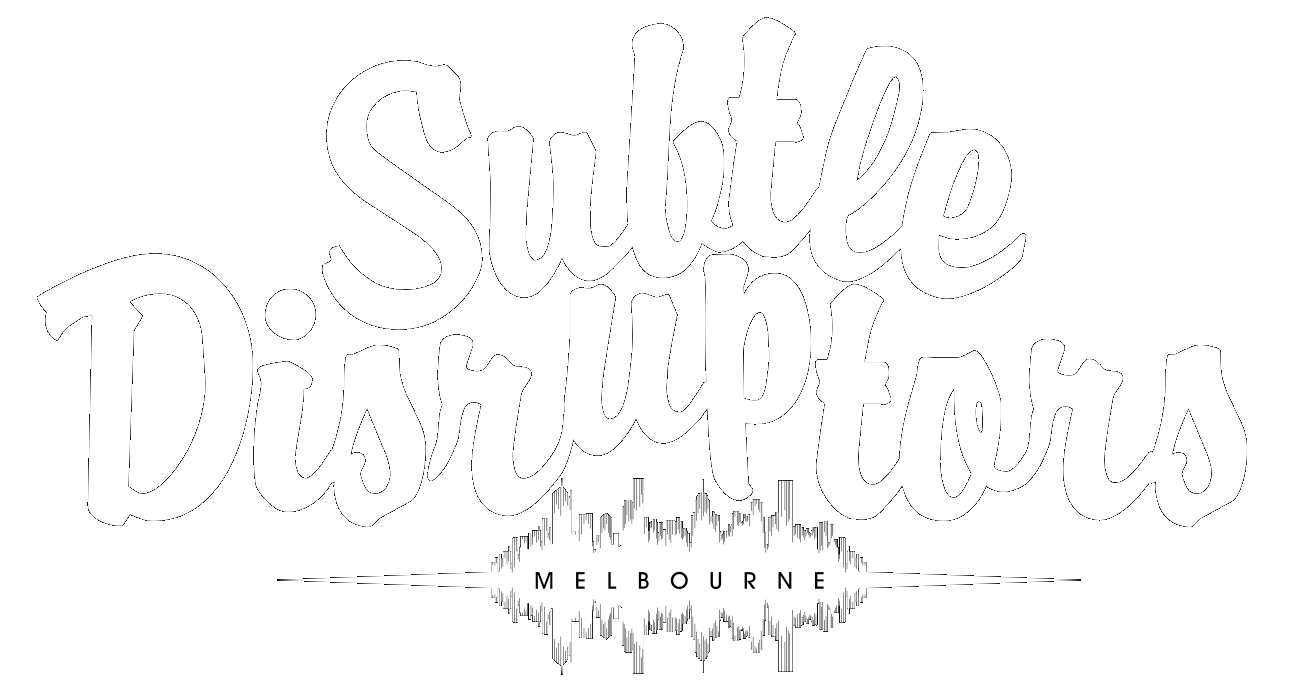Nathan Loutit is one of the key people at the Centre for Design Innovation at Swinburne University in Melbourne’s Hawthorn. As it turns out Swinburne is the university where I completed my undergraduate degree, and I have to say that Nathan is working on some slightly cooler things that I ever did.
Nathan has a background as an industrial designer, and co-founded is own design consultancy before he had even left university. He finds himself now back inside a university, this time with the task of harnessing the richness of minds and ideas that are contained within a campus, and enabling this to be used to develop amazing solutions for industry.
In his daily work Nathan gets to work with 3D printers, creating products using the latest in material technology, and on problems that help their clients break into new markets and manufacture products locally.
This is the type of work that is going to have a dramatic impact on the world we are creating, and doing it with purpose and meaning, and with awareness of the breadth of its consequences, will be key to the type of impact it has.
Nathan is passionate about his work, and gives some great insights into a world most of us hear only snippets about.
If you enjoyed listening to Nathan you may also enjoy listening to Gus Hervey on being intelligently optimistic about the future.
Podcast: Download
Subscribe: Apple Podcasts | RSS




Leave a Comment